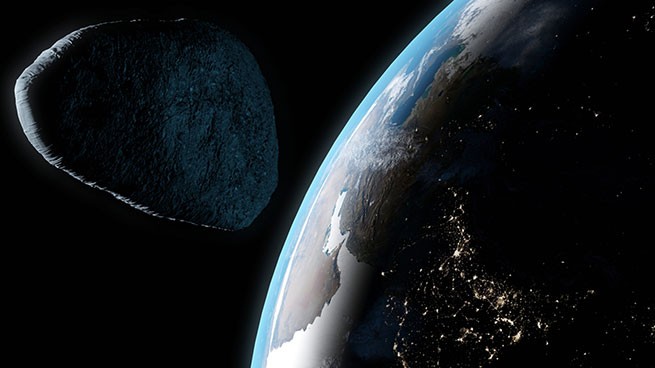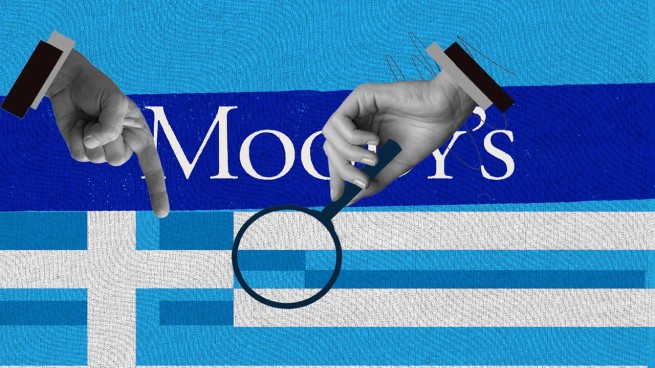Russians are losing access to YouTube, the only popular Western platform that has not been blocked since the start of the war in Ukraine.
For many users from the Russian Federation, YouTube no longer opens, for others it works so slowly that it is almost impossible to use it – loading a video takes several minutes. By the end of the week, tens of thousands of users from the Russian Federation registered complaints about the operation of the YouTube platform on monitoring sites.
The Russian authorities have not officially commented on what is happening, but Experts believe that the Kremlin may soon move from slowing down to completely blocking the service on Russian territory.
The slowdown in the video service was first reported by State Duma deputy Alexander Khinshtein on his Telegram channel. On July 25, the United Russia member said that In the near future, YouTube loading speed on desktop computers may decrease by up to 70%.
He called this procedure a “degradation” of the service and stated that This is a forced step, directed not against Russian users, but against the administration of a foreign resourcewho still believes that he can violate and “ignore” Russian laws with impunity.
Roskomnadzor considered the removal of some Russian channels from the platform as violations – This year, YouTube administration restricted access to 83 channels from Russia. Among them, for example, are the pages of Vladimir Solovyov, Alexander Dugin and the patriotic artist Shaman. All three EU previously included in the sanctions list.
According to experts, it was no coincidence that the Russian authorities decided to start blocking YouTube by slowing down traffic, since A complete block could result in access to a huge number of other resources being disabled.. Kommersant reported the day before that Roskomnadzor had requested data on the IP and physical addresses of Google servers from telecom operators in order to block the resource more effectively. Cyber lawyer Sarkis Darbinyan noted in a conversation with DW:
“The Kremlin is observing that [на фоне блокировки] happens with external and internal networks. And then it will either weaken the blocking, or, on the contrary, move to a complete restriction – if it sees that other services are not affected.”
Oppositionist Dmitry Gudkov believes that There may also be political reasons for partially restricting access to YouTube. He recalls that some telecom operators, like deputy Khinshtein, cited worn-out Google equipment in Russia as the reason for YouTube's slowdown. Google itself denied these statements, but the Russian authorities would like to shift responsibility for the measure unpopular among Russians from themselves to a Western company, Gudkov suggests.
Against the backdrop of YouTube's slowdown, the most downloaded apps in the Russian AppStore and Google Play were the censored domestic platforms VK Video and RuTube. Free VPN services that help bypass blocking were in first place in terms of downloads. Sarkis Darbinyan says:
“Users are quite lazy in their consumption. If the question is that some additional things need to be installed, then this will reduce the presence of those who are used to watching YouTube on TV, for example. Therefore, of course, migration to domestic platforms is happening.”
However, he notes that using free VPN services may not be a sufficient solution for watching YouTube videos:
“No social project that provides free VPN can provide such a huge amount of traffic that every person can watch YouTube for free.”
The expert is confident that users who want to continue watching videos on the platform should find a paid VPN.
The mass blocking of access to the most popular video platform in the Russian Federation occurred against the backdrop of the Ukrainian Armed Forces' offensive in the Kursk region. YouTube remained one of the few platforms for Russians where it was possible to receive information about these events from independent sources. And this is no coincidence, says Dmitry Gudkov:
“The authorities have not decided what to do in connection with this game-changing attack by the Ukrainian Armed Forces in the Kursk region. It is desirable for them to ensure that this information is not disseminated in Russia. And the dissemination is happening through independent media, mainly on YouTube channels.”
State Duma deputy Alexander Khinshtein claimed even before the massive slowdown of the platform that The fate of YouTube in Russia is in the hands of the platform itself. He named the construction of the company's own service centers in the country, the opening of a representative office, and the unblocking of Russian channels as one of the conditions for the normal operation of the service in the Russian Federation. Sarxis Darbinyan believes that Google's cooperation with the Kremlin cannot be ruled out:
“Neither Google nor Apple are human rights organizations. Rather, they act out of their commercial interests. It seems to me that big tech is trying to be careful and thinks that if something changes, it will be able to quickly return to the market and will not spoil relations with the local regulator.”
In early July, an example of such cooperation between a large Western technology company and the Kremlin was removal of several popular VPN applications from the Russian AppStore. Apple did this at the request of Roskomnadzor.







More Stories
The Greek economy is moving "to nowhere"
Families of Russian diplomats leave the US
Sociologists on the differences in political views of new migrants from Russia